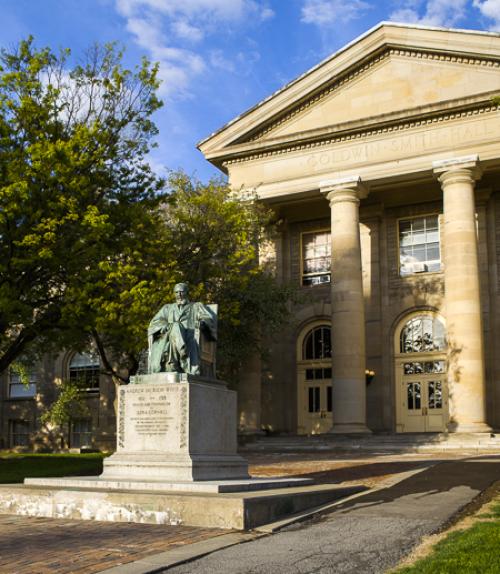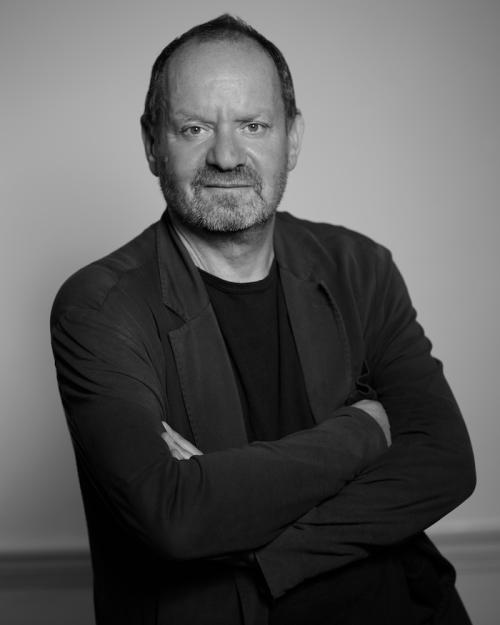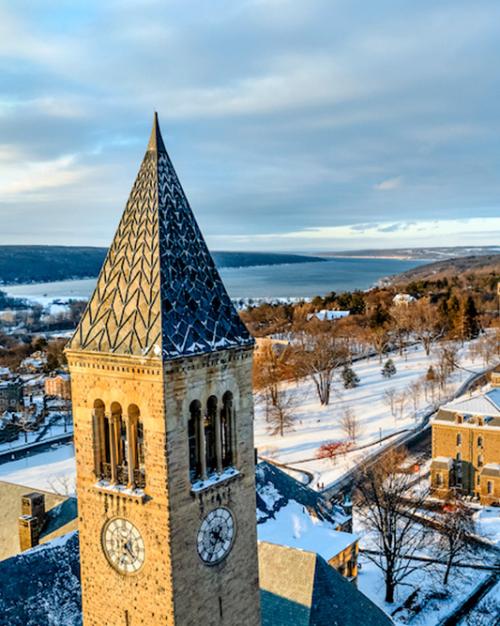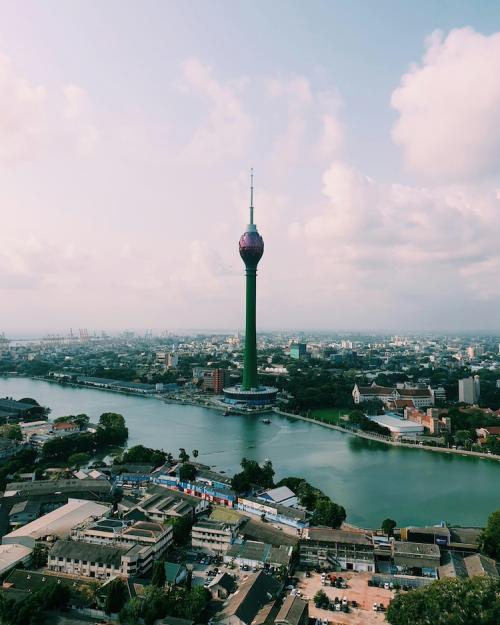17 million people in Sri Lanka will head to the polls Saturday to choose a new president. This is the first election since a 2022 economic meltdown that forced the resignation of Gotabaya Rajapaksa.
Daniel Bass is an adjunct professor of anthropology and Asian studies in the College of Arts & Sciences and manager of the South Asia Program at Cornell University’s Einaudi Center, where his research focuses on Sri Lanka.
Bass says: “The candidate of a leftist coalition has been in the lead, and the candidates from the political parties that have ruled the country since independence in 1948 have not been favored.
“The Sri Lankan economy has achieved some measures of stability due to IMF mandated reforms since the economic crisis, in that there are no longer fuel queues and major power outages – but food insecurity and poverty are at record levels, as well as anger at the current government, led by the same people behind the crisis.”
For interviews contact Adam Allington, cell: (231) 620-7180, adam.allington@cornell.edu.




